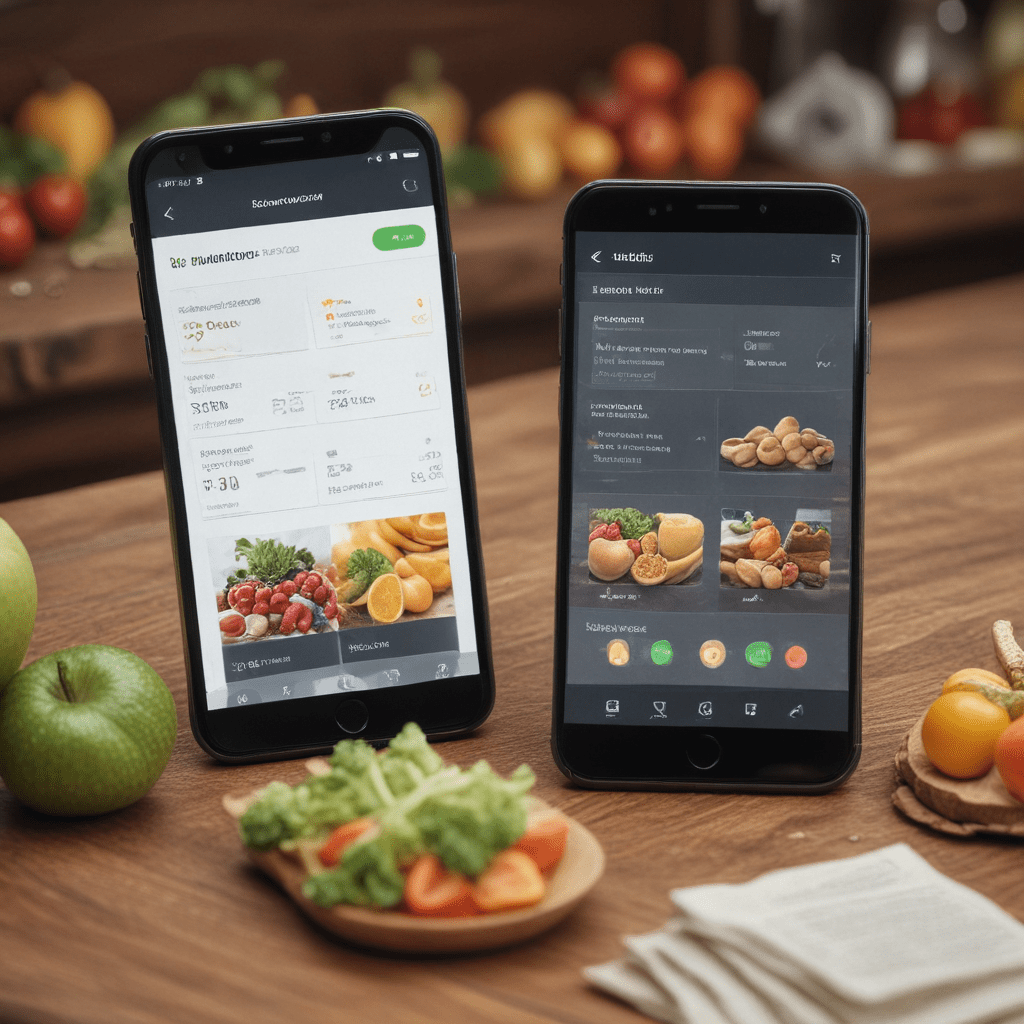Top Programming Languages for Mobile App Development
Mobile app development is a dynamic and rapidly evolving field, and the choice of programming language is a crucial decision for any developer. With a plethora of options available, selecting the right language can make a significant difference in the efficiency, performance, and maintainability of your mobile application.
This article presents a comprehensive overview of the top programming languages used for mobile app development, highlighting their strengths, weaknesses, and suitability for different types of applications. Whether you're a seasoned developer or just starting your journey into mobile app development, this guide will provide you with the insights needed to make an informed decision about the language that best meets your needs.
1. Java
Java is a widely recognized and well-established programming language that has been a mainstay in mobile app development for over a decade. Its popularity stems from its cross-platform capabilities, allowing developers to write code once and deploy it on both Android and iOS devices. Java is the official language of Android development, and it offers a stable and mature ecosystem with a vast community of developers and resources.
Advantages of Java
- Cross-platform compatibility
- Rich ecosystem and large community support
- Object-oriented and highly extensible
- Suitable for developing complex and resource-intensive applications
Disadvantages of Java
- Can be verbose and complex, especially for beginners
- May have performance limitations on low-resource devices
- Requires a virtual machine (JVM) to run, which can add overhead
6. Flutter
Flutter is a relatively new and rapidly growing cross-platform framework developed by Google. It uses the Dart programming language, which is known for its simplicity and ease of learning. With Flutter, developers can create native-like applications for both Android and iOS using a single codebase.
Advantages of Flutter
- Cross-platform development with a single codebase
- Fast and efficient performance with native compilation
- Rich set of UI components and widgets
- Open-source and actively maintained by Google
Disadvantages of Flutter
- Can be more challenging for developers with no prior experience in Dart
- Limited support for certain types of hardware features
- Larger app size compared to native development.
7. Ionic
Ionic is a powerful cross-platform framework that uses web technologies such as HTML, CSS, and JavaScript. It allows developers to build hybrid applications that combine the performance of native apps with the flexibility of web development. Ionic is compatible with both Android and iOS.
Advantages of Ionic
- Cross-platform development using familiar web technologies
- Rich ecosystem and large community support
- Easy to integrate with existing web applications
- Open-source and free to use
Disadvantages of Ionic
- Performance may be inferior to native applications, especially for complex apps
- Limited access to certain device features
- Can be challenging to achieve pixel-perfect designs.
8. Xamarin
Xamarin is a cross-platform framework developed by Microsoft. It allows developers to write native applications for Android, iOS, and Windows using C#. Xamarin offers a high level of performance and integration with native libraries.
Advantages of Xamarin
- Native performance and access to native APIs
- Cross-platform development using a single codebase
- Visual Studio integration for a seamless development experience
- Large community of developers and resources
Disadvantages of Xamarin
- May have higher development costs compared to other cross-platform frameworks
- Can be more challenging for developers with no experience in C#
- Limited compatibility with certain hardware features.
9. NativeScript
NativeScript is an open-source cross-platform framework that allows developers to write truly native applications using JavaScript. It provides direct access to native APIs and UI components, resulting in high performance and a true native experience.
Advantages of NativeScript
- Native performance and full access to native APIs
- Cross-platform development with a single codebase
- Supports both JavaScript and TypeScript
- Open-source and free to use
Disadvantages of NativeScript
- May require more development effort compared to other frameworks
- Smaller community and fewer resources available
- Limited support for certain third-party plugins.
10. Unity
Unity is a game development engine that has gained popularity beyond its initial focus. It allows developers to create 2D and 3D games, as well as interactive simulations and other immersive experiences. Unity is compatible with multiple platforms, including mobile devices.
Advantages of Unity
- Powerful game engine with advanced graphics capabilities
- Cross-platform deployment for a wide reach
- Rich ecosystem of assets and tools
- Suitable for developing immersive and interactive applications
Disadvantages of Unity
- Primarily designed for game development, may not be optimal for other types of apps
- Can be resource-intensive and require high-performance devices
- Learning curve can be steep for beginners.
Frequently Asked Questions (FAQs)
1. Which programming language is the best for mobile app development?
The best programming language for mobile app development depends on specific requirements and preferences. Java and Kotlin are excellent choices for Android development, while Swift is the primary language for iOS development. Cross-platform frameworks like Flutter, React Native, and Ionic offer the advantage of developing apps for multiple platforms using a single codebase.
2. Is it possible to create native apps with cross-platform frameworks?
Yes, some cross-platform frameworks like Xamarin and NativeScript allow developers to create truly native applications that perform as well as apps written in the native language. These frameworks provide access to native APIs and UI components, ensuring a seamless user experience.
3. How do I choose the right programming language for my mobile app project?
Consider the type of app you want to build, the target platforms, your development skills, and the resources available. Research different programming languages and frameworks to determine the best fit for your specific needs and goals.


